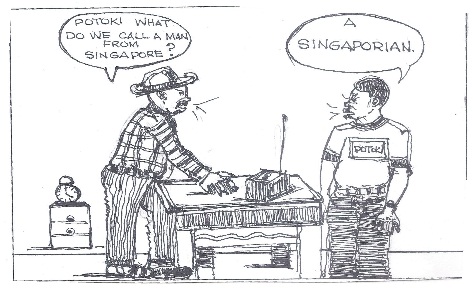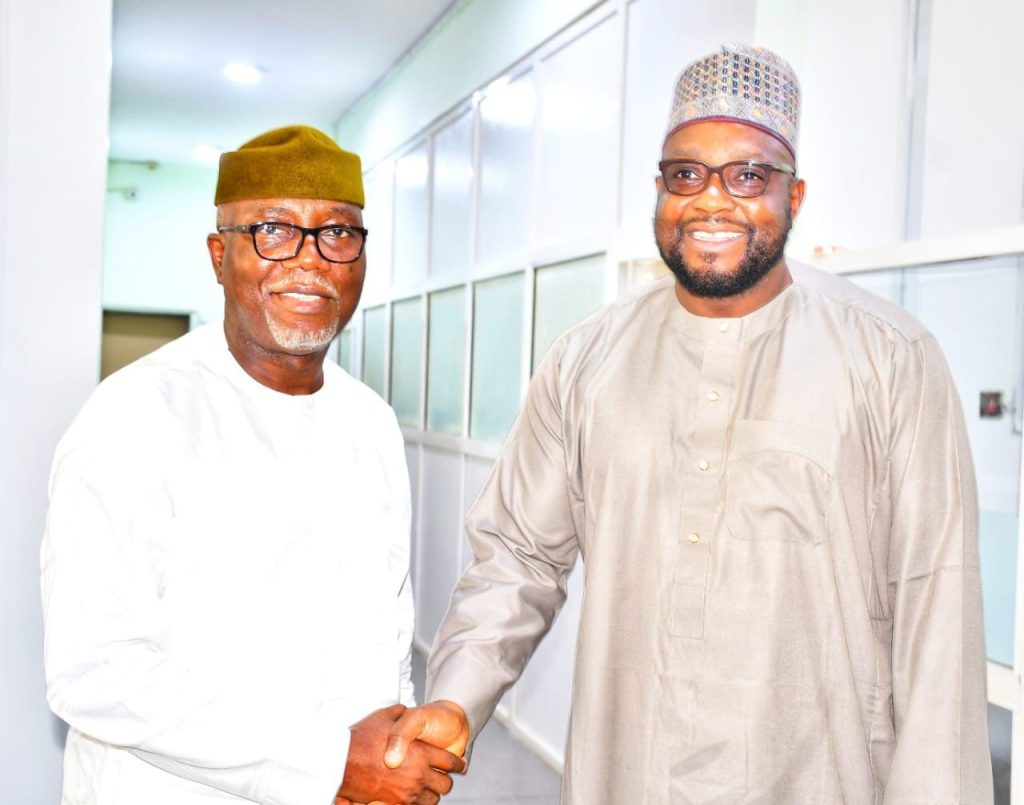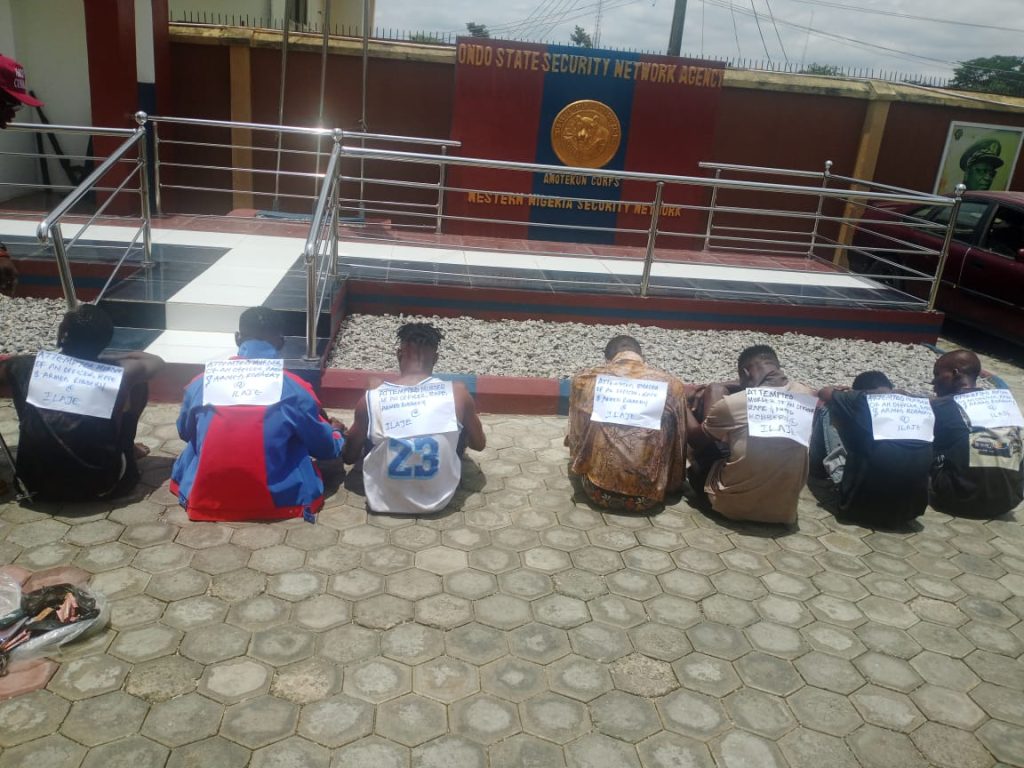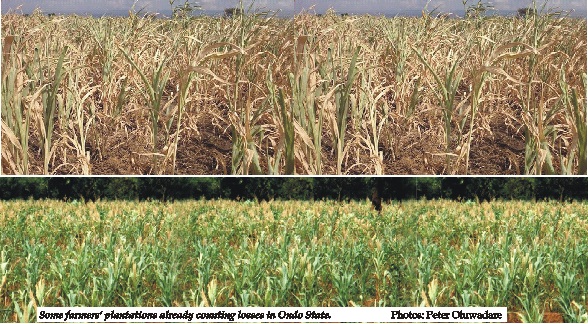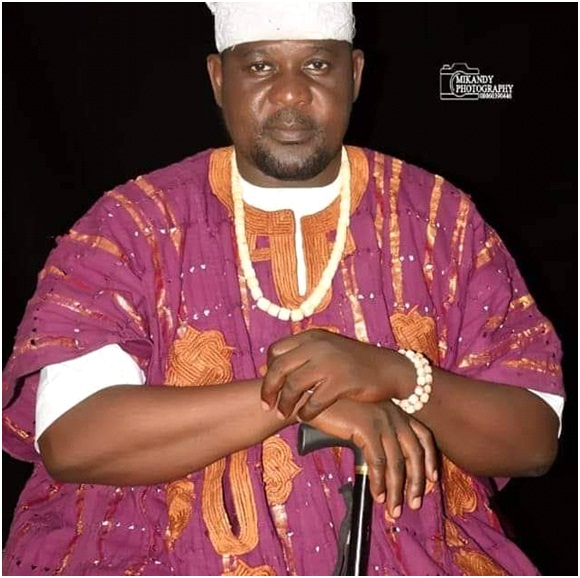Life and Times of Pele
BACK in the late 1960s, the civil war raged, but when Edson Arantes do Nacimento (popularly known as Pele) came to Nigeria, the contending forces stopped their battle for the soul of the country, in order to respect an icon who had won international fame as a great footballer, a recognizable face to people in all parts of the world, from London to Johannesburg. Still in the late 1960s, the same Pele paid a visit to Ghana for a football match, exuding so much talent and passion, that generation of Ghanaians remembered the incident in songs, books, and stories, as a moment of brilliance and inspiration. Pele’s recent death enabled millions of Africans to remember how he spoke for them during the post-colonial era, with Ghanaians and Nigerians waxing lyrical about the legendary incidents enacted in their countries when he came calling.
BORN on October 23 1940, many regarded Pele as the greatest footballer of all time, which accounts for why the International Olympic Committee named him as the Athlete of the Century in 1999, and the Times Magazine included him in the list of the 100 Most Important People on Earth. A third generation family member of Brazilians freed from slavery, Pele transcended the racial divide of his country to become both famous and wealthy, in a nation not fully recovered from the banning of slavery in 1888. In 1995, the then Brazilian President Fernando Cardoso appointed Pele to the position of extraordinary minister of sports, while the late Queen Elizabeth II gave him an honourable knighthood title at the Buckingham Palace in England.
THE Hope celebrates the life and times of this icon, a third generation survivor of the onslaught of slavery, who became an extraordinary minister of sports, the most important sportsman of the twentieth century.
THOUGH he was a footballer, Pele rose through the sport to become a global icon, inspiring millions of Nigerians in particular and Africans in general to become important figures in their various callings, filled with the belief that if they faithfully maximized their talents they would become great. Of course, Pele became rich and famous, but unlike many rich and famous black people who saw such a status as an opportunity to distance themselves from the social conditions of their societies, Pele stood with the black race, rebuffed wrong things happening in the society, in order to catalyze change.
ON the field of play, he brought art and excellence to his game, inventing so many techniques of football, becoming the first – and only – footballer to win three world cup titles. Millions remember Pele today not only on account of having won three world cup titles, but also because of the manner he maximized his talents to become rich and famous, as well as transcending the football field to serve as a symbol of the embattled black race, and a brand inspiring many Nigerians and Africans towards excellence.
DUE to the excellence he brought to his sport, he inspired great footballers such as Alfredo De Stefano, Eusebio, Bobby Charlton, Gordon Banks, Lionel Messi, Cristiano Ronaldo, Diego Maradona and others, to step up their games, so as to provide a great entertainment to humanity divided by race, ethnic, and other primordial considerations.
IN addition, he brought pride to the black man, and this enabled the struggle of the black race for respect and identity in the late 1960s and 1970s, including fighting corruption as a minister of sports in his country.
The Hope celebrates his policies as the minister of sports, especially in the fight against corruption, and salutes him for inspiring many footballers and sportsmen towards using fame for a positive impact on society and providing a great entertainment to billions of people.
THOUGH he is gone, The Hope advises current sportsmen to emulate him by using their fame and wealth to impact on the generality of the society, especially at a time when the rich and powerful increase want, poverty, and oppression through their activities. Sportsmen and others should emulate Pele by striving for excellence in their activities, as this will benefit billions of people already grappling with sad occurrences such as wars, dislocation, terrorism, and the increasing danger of climate change. Sportsmen, especially black ones, should not see themselves as individuals, but also see themselves as an embodiment of the black race, by showing good examples for the improvement of the race, seen as sub-human by other races.
WHEN the black man overcomes the challenge of being seen as sub-human by other races, sportsmen become a catalyst of social change, benefiting billions of people challenged by many vicissitudes, impacting on the generality of society in the eternal struggle for survival and identity.
